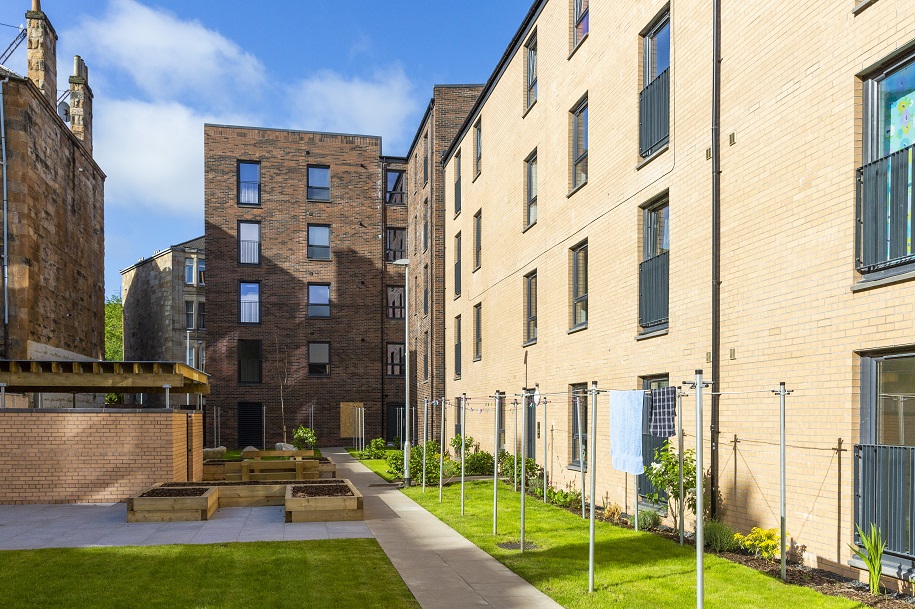Liz Hamilton: How planning can help to tackle Scotland’s housing crisis

Liz Hamilton
Liz Hamilton, senior land and planning manager at AS Homes Scotland, highlights the current housing crisis and the need for change within Scotland’s planning system to support the delivery of new homes.
We’ve recently seen Scotland’s largest cities - Edinburgh and Glasgow - declare housing emergencies. This reflects the harsh reality across the country and there is no doubt more declarations are to follow.
The only plausible solution to alleviate the growing housing crisis is to build a lot more homes, but in my nearly 20 years of working in homebuilding it has never before been as challenging to deliver new homes, a view I know is shared by many in the sector. My specialism is the delivery of ‘consented’ land, which is the raw material of building homes.
Last year, the National House Building Council revealed a stark 47% drop in the number of new homes registered in Scotland compared to 2022. A pioneering national survey led by Homes for Scotland also identified that 28% of households in Scotland currently face one or more forms of housing need, including unfit or overcrowded properties, needing special adaptations or struggling financially due to high housing costs.
Put simply, the housing crisis is real, it is growing and is detrimentally affecting large swathes of our population who aren’t fortunate enough to have an affordable home that meets their needs. Compounding the issue, the Scottish Government plans to cut its affordable housing budget by nearly £200 million this year, delivering another devastating blow to those in need of a home.
At AS Homes (Scotland), we are a family-run housebuilder who has been collaborating with social housing providers to deliver affordable homes for over 20 years. Our private homes subsidiary, Briar Homes, has also brought hundreds of new homes to the market. We are committed to building quality homes and places, and are ready and willing to help bridge the gap in the supply of new homes.

AS Homes' Allison Street development
Despite the huge pressures on housing, the availability of deliverable land and gaining planning approval remains a significant challenge for homebuilders all over Scotland. One of our developments has been stuck in the planning system for over 18 months, despite being on a brownfield site, with planning permission in principle in place. This development promises to bring energy-efficient homes to a deprived community, but we are finding it near impossible to make progress with council decision-makers.
We are a SME (small and medium-sized enterprise) builder and delays such as this have a real impact on the jobs and supply chains we support, not to mention to the people who need the homes we are trying to build. We are not alone in experiencing long delays - planning statistics published last week revealed the average planning processing time last year to be 1 year and 3 months, well over the statutory timeframe of 16 weeks. Homebuilders want more planners to get around a table with us, taking a partnership approach, negotiating and compromising to find solutions to move forward.
I read last week’s publication from Scotland’s National Planning Improvement Champion with cautious optimism and wholeheartedly agree that collaboration between stakeholders is key. However, we also need to be clear on the common goal we are collaborating to reach. Given the housing crisis, that common goal needs to include building enough new homes to meet the needs and aspirations of people in Scotland, and at pace.
Homebuilders have the capacity and desire to deliver more homes, but we need access to a lot more of the ‘raw material’ mentioned earlier. The supply of enough deliverable land, able to be consented at pace, must be brought into sharp focus by local and central government if we are to have any chance of alleviating the housing crisis. It is within Scotland’s control to do so.
If the taps were tightened from the reservoirs, there would probably be a water shortage. It’s time to loosen the taps.









